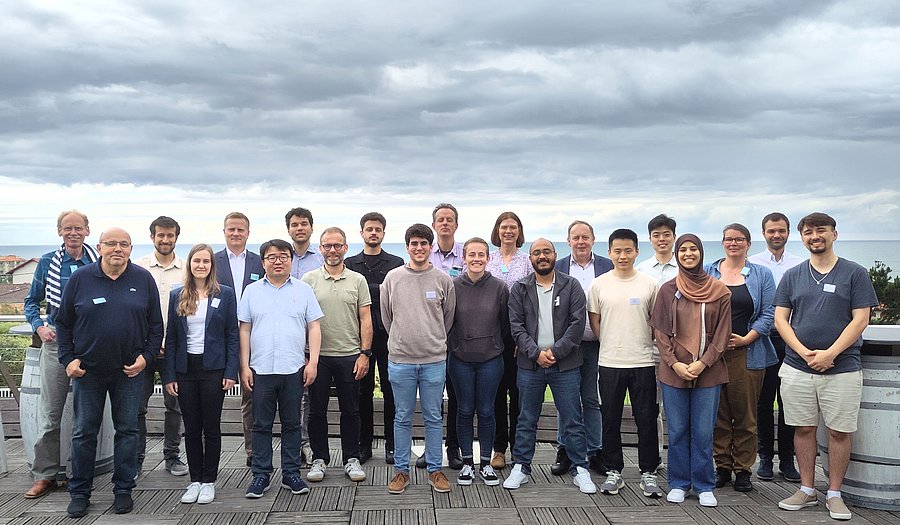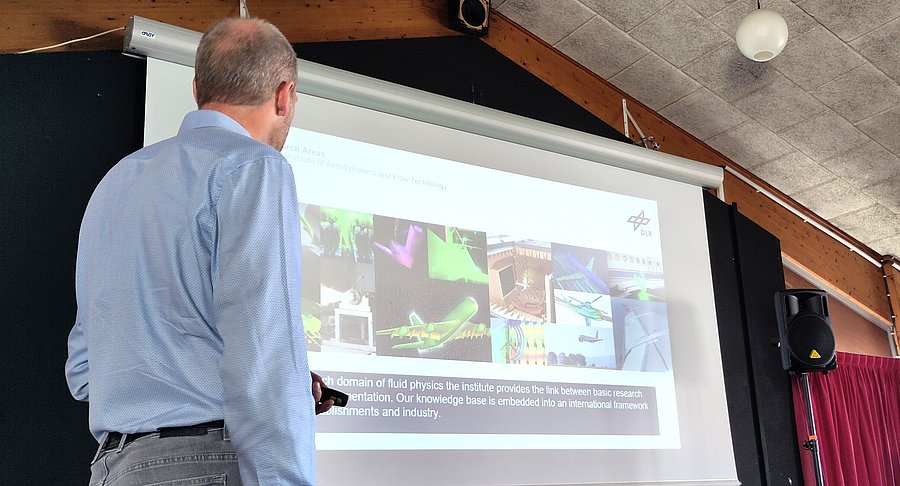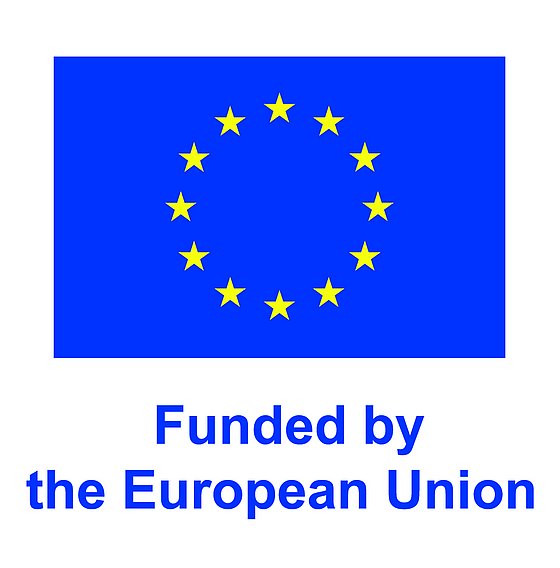EU project ModConFlex: Interim review successful
Start of international training programme for young researchers officially approved

The participants of the network meeting in Biarritz.
The Europe Horizon project coordinated by Prof. Dr Birgit Jacob (Functional Analysis Group) has just passed the EU's mid-term check successfully. The annual network meetingincluding eight partner universities from five participating countries took place over the past two weeks. This year, the participants met near Biarritz on the French Atlantic coast.
The network's research focus lies at the interface of several sustainable technologies. Some researchers are modelling the stabilisation of floating wind turbines, others the stabilisation of flexible aircraft or wings (long, narrow wings enable lower paraffin consumption). Last but not least, some focus on the mathematical foundations needed to improve the modelling of these different structures. Accordingly, around half of the doctoral students have a mathematical background and the other half an engineering background.
Following the coordinator's detailed report on last year's activities and presentations by the doctoral students on their research to date, the third day of the network meeting saw the EU review of the project.

Dr. Markus Ritter from DLR gave a presentation on flexible airplanes and flexible wings.
Several days of lectures on various topics and two guest lectures followed to provide further training for the doctoral students: by Prof. Dr. David Lannes (University of Bordeaux), one of the leading specialists on the subject of water waves, and by Dr. Markus Ritter from the German Aerospace Centre (DLR) on the subject of flexible aircraft and flexible wings. DLR is one of the industrial partners in the network, where the doctoral students spend three months of practical training.
The aim of Europe Horizon MSCA projects is to provide doctoral students with international experience. In addition to the three months spent with an industrial partner, they also spend two months at different partner universities from the network. One of the 14 doctoral positions is still vacant.
Further information on the open position and the project in general can be found at
About the EU project ModConFlex:
- ModConFlex stands for: Modelling and Control of Flexible Structures Interacting with Fluids
- mathematical-engineering MSCA Europe Horizon project
- Application examples: floating wind farms, flexible aeroplanes
- Start: February 2023
- Duration: four years
- Financial resources: approx. 2.7 million euros, over 660,000 euros will go to the BUW
- 14 doctoral positions in five countries

